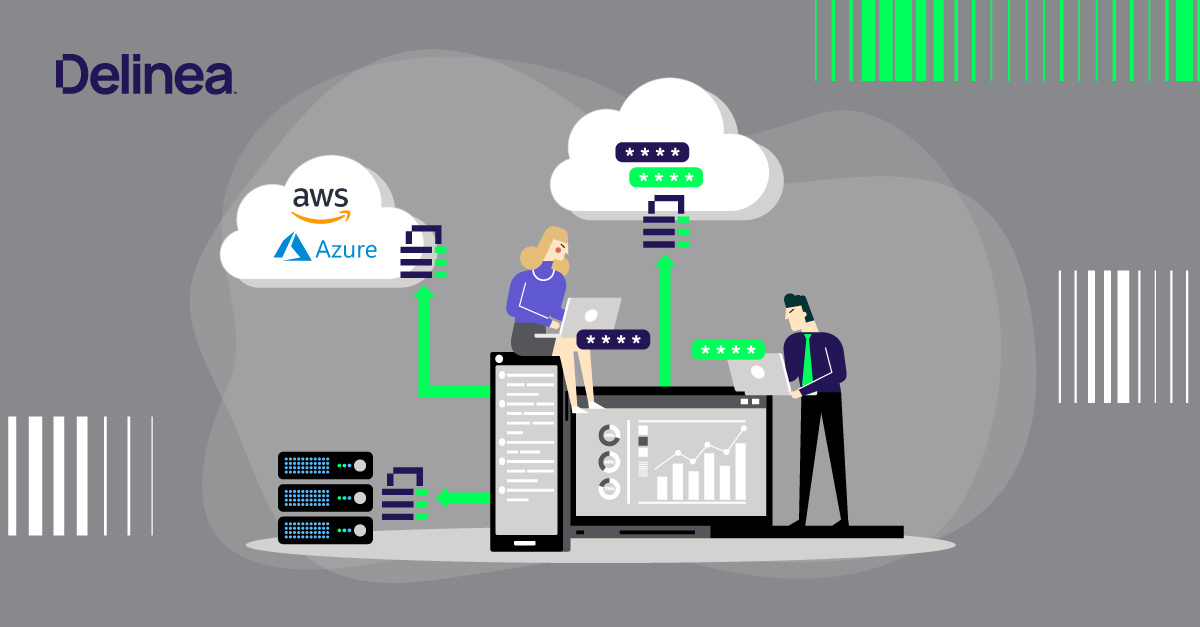How much should we worry about the security of the upcoming US presidential election? Could a cyber criminal or nation-state actor influence the result?
Well, there’s good news and there’s bad news for election cybersecurity.
The good news is that The Cybersecurity and Infrastructure Security Agency and the FBI, in a joint statement, said they “have not seen cyber-attacks this year on voter registration databases or on any systems involving voting.” This doesn’t necessarily mean that cyber criminals don’t already have data from earlier cyber-attacks.
Congress provided $425 million in funding earmarked for election security in December 2019. They followed that with an additional $400 million after the pandemic started. Most of that funding has supported security for election infrastructure, including the systems used to register voters, generate ballots, and record, certify, and audit results.
Protecting the vote relies on people … avoiding the traps set by cyber-criminals
A free and fair election relies on more than just the back-end infrastructure, however. Protecting the vote also relies on people following good cyber behavior and avoiding the traps set by criminals.
This brings me to the bad news.
Russian, Chinese, and Iranian nation-state cyber criminals are continuing to attack people and organizations associated with the election.
On September 10, Microsoft warned that the Russian military intelligence unit that attacked the Democratic National Committee in 2016 has been actively trying to hack hundreds of organizations, including national and state parties and consultants who work for Republicans and Democrats. Microsoft also uncovered that Chinese cyber criminals have launched cyber-attacks targeting Vice President Joe Biden’s campaign and at least one person formerly associated with President Donald Trump’s administration. Iranian cyber criminals tried to access accounts of the Trump administration officials and campaign staff.
As we approach Election Day, let’s look at various attack vectors for election interference and explore how we can improve election security.


